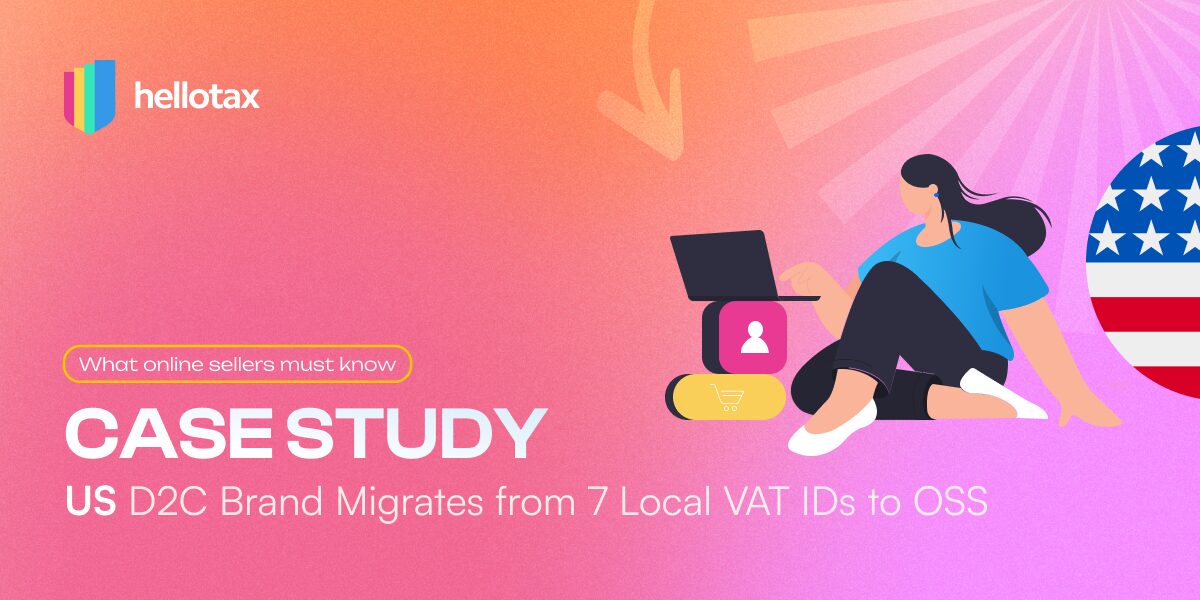One of the world’s most open and outward-looking economies, the EU is a key player in international trade. But what are the benefits of trading with the EU, and why is the EU good for business? We have gathered 5 reasons why you should expand your business in the EU in this article.
Maria
Last Updated on 4 November 20221. The European Union has the world’s largest economy and its revenue is expected to grow
Around 16% of the world’s imports and exports are imported and exported by the EU. Additionally, import tariffs are relatively low on goods imported into the EU from international destinations, with more than 70% entering at zero or reduced tariffs. During this year, the ecommerce market in the EU is expected to grow by 13.83% annually.
2. Investing in the EU is very safe and transparent
There are 27 member states of the European Union, and each is responsible for negotiating its own trade policy. As a result of these agreements, EU and non-EU sellers gain fair conditions and access to wider markets in order to support sustainable growth and development.
3. There’s a wide range of popular marketplaces within Europe
Consumers still prefer Amazon and eBay in the EU, however there are a variety of marketplaces that are popular in each of the member states. Non-EU companies that wish to target a specific member state that fits their niche might find one of these marketplaces helpful. In France, for example, it might be Cdiscount, in The Netherlands it may be Beslist, in Germany it might be Real.de. Wherever you intend to sell, there will be a marketplace that complements it.
4. As e-commerce grows in the EU, the number of users will rise as well
In the EU, ecommerce is expected to be used by 569 million shoppers by 2025. The Netherlands, Denmark, and Germany had the highest number of citizens purchasing goods and/or services online in 2020. Romania, Czechia, and Hungary have also experienced significant increases in ecommerce shopping over the past five years.
5. International sellers have been helped by VAT schemes
A change was made to VAT compliance rules in July 2021 for both EU and non-EU sellers. VAT should now be collected and charged where the customer is based, instead of where the seller is located. To simplify the compliance process, two new schemes were introduced to ease the administrative burden on ecommerce businesses. EU and non-EU sellers can collect and report VAT collected on cross-border sales through the One Stop Shop and Import One Stop Shop.
Did our reasons convince you, or would you like to find out more about our services, get in touch with our dedicated team and start selling in the EU!



